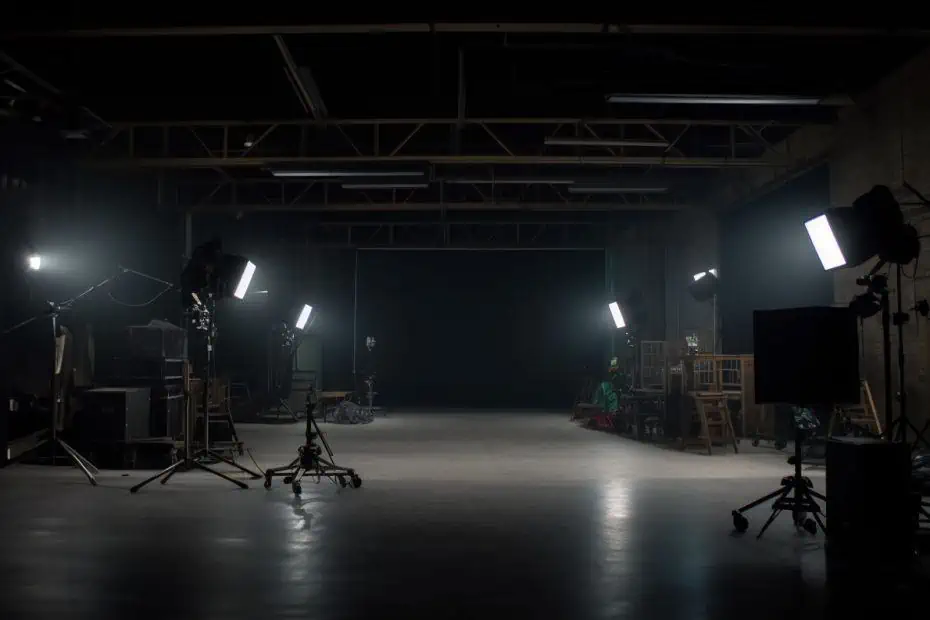
Early scenes in The Breach, Rodrigo Gudiño’s newest horror venture, reveal a body on the Porcupine River. Accompanying this chilling sight is an unmistakable, intense guitar riff – an unmistakable signature of the film’s executive producer and music creator. Before his iconic status as Guns N’ Roses’ guitarist, Slash was Saul Hudson, a young horror enthusiast.
“I’ve been actively seeking opportunities to produce films ever since my last stint in 2013,” shared Slash on a recent MovieMaker podcast episode, available on platforms like Apple and Spotify.
Fresh from its celebrated debut at the Fantasia Film Festival, The Breach features Emily Alatalo, Natalie Brown, Allan Hawco, and Mary Antonini. The eerie narrative, inspired by Nick Cutter’s novel and transformed by Ian Weir, unfolds as a physicist’s disfigured corpse emerges from the river. It then falls upon Police Chief John Hawkins (Hawco) and his former flame Meg Fulbright (Alatalo) to unravel the mysteries concealed within the scientist’s ominous dwelling, which harbors a dark presence.
Aware of Slash’s horror fascination, Gudiño eagerly involved him in the project.
“I have a penchant for classic horror,” Slash remarked. “This film contains Lovecraft-inspired elements, and it oozes a 70s vibe, slowly building up suspense. You’re kept guessing till the end. The narrative demands more intellectual engagement than overt graphic details on screen. Gudiño understood my taste and knew I’d appreciate it.”
Historically, Slash has contributed to films such as 2013’s Nothing Left to Fear and 2011’s This Is Not a Movie. He also added musical layers to Quentin Tarantino’s 1997’s Jackie Brown. For The Breach, Slash collaborated with composer Aybars Altay.
“For the film, we refined a specific melody I had, giving it a darker, weighty tone for the introduction. But the subsequent portions I crafted were more minimalistic, primarily relying on acoustic nuances,” he explained.
Despite being recognized for his hard rock prowess, Slash doesn’t allow it to restrict his cinematic compositions.
“Just because I’m known for vibrant, loud rock music doesn’t mean that’s my go-to for film scores,” he reflected. “Every screenplay nudges me differently. While rock tracks can elevate a film, scoring it might demand softer, more nuanced sounds, even extending to instruments like the cello.”
For Slash, the essence of scoring lies in trusting one’s instincts.
“I don’t dwell on people’s anticipations. Contemplating their expectations can be overwhelming,” he noted. “You’ve got to trust your intuition. Once set on a path, you ponder whether the audience will resonate with it. But mostly, I prioritize what feels right and what resonates with me. It’s been my approach always.”